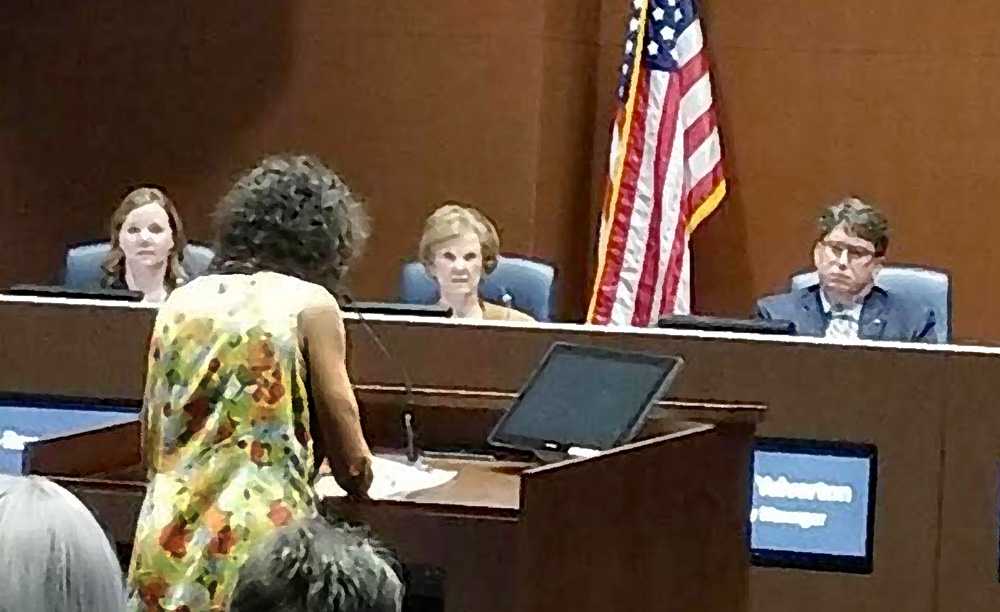Strange for the Arlington, Texas, City Council to hold a meeting on a Sunday evening, much less one to “consider suspending the city charter.”
That is how the Fort Worth Star-Telegram reported “the latest twist in the term limit controversy that has engulfed the city with a lawsuit and competing ballot proposals.”
Led by Zack Maxwell, citizens in this Fort Worth adjacent community of 400,000 gathered 11,000 voter signatures to place a term limits charter amendment on the November ballot. It would limit councilmembers to three two-year terms. It also figures in past service, so five of the eight current councilmembers would be blocked from seeking re-election in the coming two years.
With swift legislative prowess, the council responded, passing its own competing “term limits” measure, which incidentally allows them to stay 50 percent longer in office.
But there’s one problem: the council did not follow the law, which requires multiple readings, with one at a regular meeting.
Actually, there’s a second problem: Mr. Maxwell challenged the council’s unlawful action in court.
The court blocked the council’s measure.
That left the council holding an unusual weekend meeting to suspend the rules and re-pass their fumbled alternative to the term limits voters really want. But news travels fast and city hall was “packed.”
“You’re suspending the rules because your jobs are in jeopardy,” charged one man.
A woman told the council, “You guys should be absolutely embarrassed about this.”
“After hearing from dozens of angry residents,” the paper explained, “[t]he council voted unanimously to not suspend the rules, finally killing its own term limit proposal.”
Politicians doing the right thing . . . having exhausted every other possibility.
This is Common Sense. I’m Paul Jacob.
Photo from the Fort Worth Star-Telegram




 In New York City, rent control discourages new supply as well as maintaining existing supplies — causing shortages leading to higher prices. In many cities, particularly in Blue political metropolises, zoning has pretty much the same effect.
In New York City, rent control discourages new supply as well as maintaining existing supplies — causing shortages leading to higher prices. In many cities, particularly in Blue political metropolises, zoning has pretty much the same effect.
